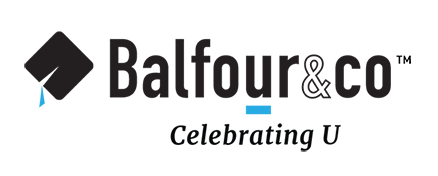
There are a number of benefits of goal setting. First, it gives you and your staff a track to run on so it is clear where you have to go. By deciding what you want to do, you are forced to set priorities.
Not all goals are equally important and not all goals can be accomplished at the same time.
There are also reasons why people resist setting goals. The main reason is conditioning. We have become accustomed to doing something in a certain way, and it has become a habit. Other people just want to sit back and wait for miracles to happen. Finally, some people fear being criticized for not attaining their goals.
Gather your staff during the summer, if possible. If not, discuss goals the first day of school if yearbook is a class. This is the time to lay down the rules and to discuss expectations. Distribute the Course Expectations handout. Read and discuss it point by point. Students should sign the form when you are done directing the discussion. Signing it does not indicate that they agree with your classroom procedures and policies; it means that they heard and understood what the policies and procedures are. Send it home and have their parents read it and sign it. They should return the form the next day.
Once you have outlined your expectations, consider discussing the following 3 things:
1. The history of your school’s yearbook — Show previous copies of your yearbooks and discuss the merits and problems of each.
2. The returning staff’s experiences — Have the veterans relate their stories. Keep this discussion positive. You can do this by asking specific questions.
3. Emphasize the need to set goals. Goals are a planning tool as well as an evaluation tool. Remember to teach before setting goals. Students need a clear idea of journalistic standards in order to make the goals a defining tool for their yearbook.
Set both long-term and short-term objectives. Short-term objectives (this hour, this day, or this week) will probably be aimed at increasing your ability to achieve your long-range goals. It is important to establish clear, specific and understandable short-range goals when you are trying to introduce the staff to new work habits.
Long-term goals (this deadline, this month, this semester, this book, this year) need to have a target date for completion. Even if these goals are challenging, they must be realistic and attainable.
Finally, as an adviser you may have a five-year plan. Books don’t become great over night. Every book is an improvement on the last one.

